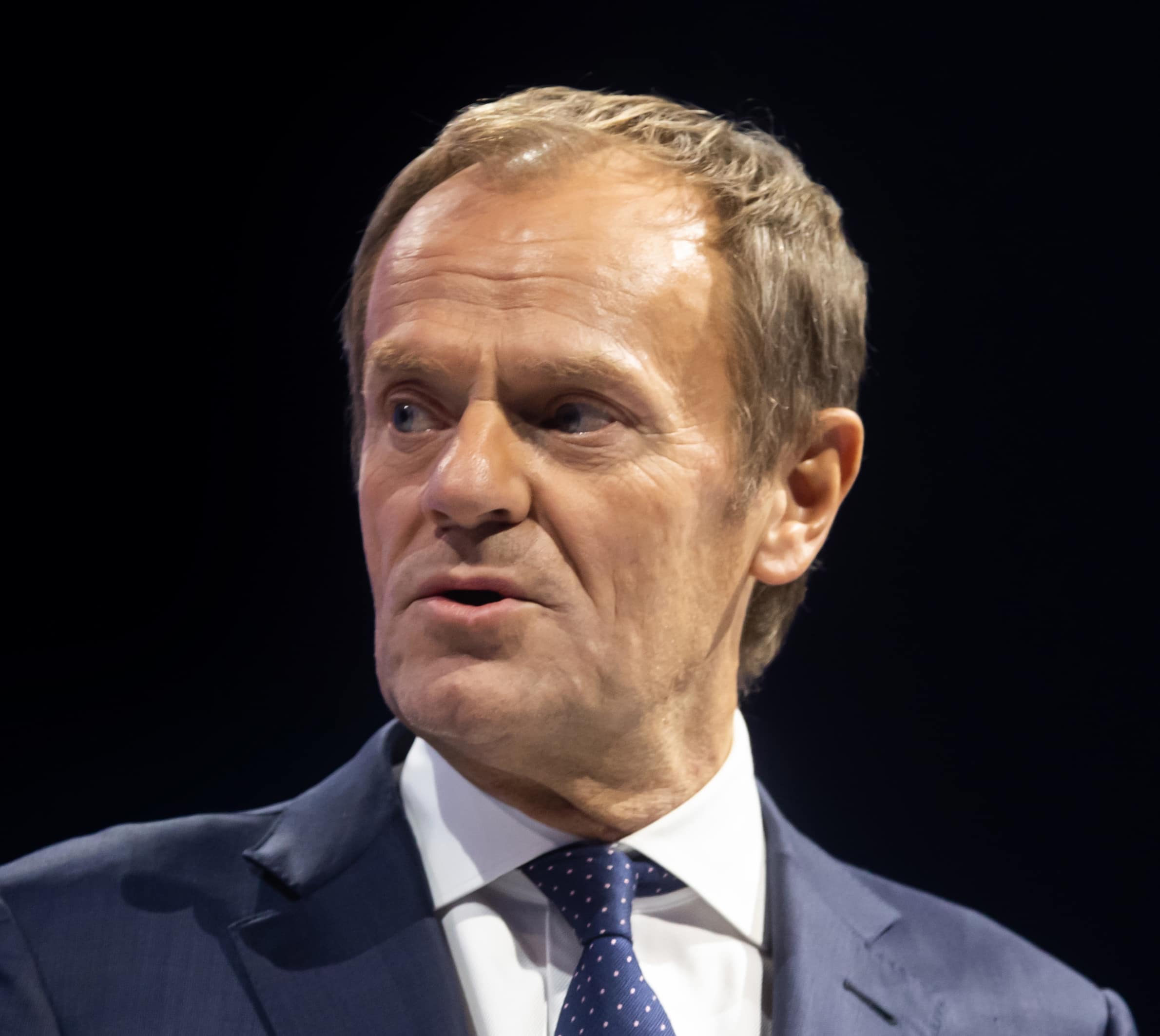On October 15, a Donald with the initials DT dominated global headlines, looking very pleased with himself. Unlike the disgraced US president, however, Poland’s Donald Tusk is not known for attacking a vaguely defined liberal global elite. His unexpectedly clear victory in parliamentary elections—on a record turnout of 73%—will return his Civic Coalition and center-left allies to power, positioning him to become the next prime minister.
After a win that many observers thought was highly improbable following ring-wing populist victories in Hungary last year, Turkey earlier this year, and in neighbouring Slovakia in September, Tusk’s supporters—and the EU in general—had reason to believe they had turned the political tide.
A student leader in Solidarity in the 1980s, Tusk established the liberal Civic Platform grouping in 2001, offering a vision of a dynamic, internationalist Poland closely aligned to the EU and NATO. He was prime minister for two terms, from 2007 and 2014 before leaving to become president of the European Council, a post he held until 2019. His departure coincided with the rise of the rural, ultra-Catholic Law & Justice (PiS) party, which went on to form two populist governments locked in an increasingly antagonistic relationship with Brussels.
October’s elections followed a barrage of controversial actions by the PiS government, including changes to the judiciary, curbs on media freedom, and increasing isolationism, making Poland, alongside Viktor Orban’s Hungary, a far-right outrider within the EU.
The contest was bitter—Tusk faced vitriol for being “insufficiently Polish”—and waged on an uneven playing field, with PiS and its allies taking the lion’s share of state media broadcasting time. Tusk warned this was a watershed election, with Poland’s future as a western democracy on the line. Voters seem to have listened, giving him 30.7% of the vote and two allies, Third Way (14.4%) and Left (8.6%) that together easily outpace the 35.4% of the leader, PiS.
President Andrzej Duda—a PiS member—will likely give PiS a chance to form a government, though it lacks support. Tusk’s team should take charge by mid-December. The to-do list will be long and will include undoing the damage PiS has done to Poland’s body politic—and its international image—through divisive policies. “Restoring institutional order, improving relations with the EU, and unlocking funds from the EU Recovery Fund are likely to be the priorities,” says Rafal Benecki, chief economist for Poland at ING Bank, suggesting the change of power could unlock more of the economy’s considerable investment potential.




